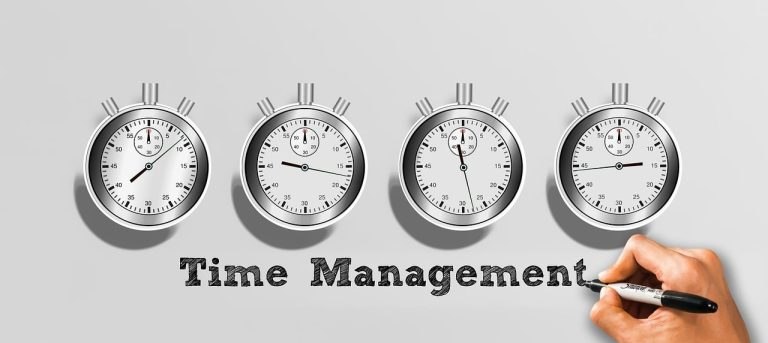I believe in the “70/30 rule,” also known as the “70 percent rule,” which is a recognized principle in time management and productivity. This rule suggests that you should only plan activities for 70% of your time or schedule. The remaining 30% should be kept open for flexibility, creativity, innovation, and dealing with unexpected tasks or opportunities.
Here are 6 benefits of following this principle:
- Room for creativity:
Unscheduled time allows you to think creatively, come up with new ideas, and innovate. Often, it’s during these unstructured moments that the most innovative solutions and concepts emerge. - Adaptability:
Business is dynamic, and unexpected challenges or opportunities can arise at any time. Leaving parts of your schedule open gives you the flexibility to respond when they do. - Reduced stress:
Overloading your schedule can lead to stress and burnout. Allowing yourself some free time helps maintain a healthy work-life balance and reduces the pressure of constantly rushing from task to task. - Improved focus:
Having breaks in your schedule can enhance your ability to concentrate on the tasks at hand. It prevents mental fatigue and maintains your productivity throughout the day. - Better decision-making:
Rushed decisions are rarely the best ones. Allowing time for reflection and analysis helps you make more informed choices. - Personal growth:
Personal development and skill-building often happen during unstructured periods. Whether it’s learning a new skill, reading, or reflecting on yourself, this time can contribute to your growth.
In conclusion
Some refer to the 60-30-10 rule, where 60% of your workday is dedicated to high-value activities, 30% to less valuable tasks that still support your goals, and 10% to other activities that prepare you for tomorrow.
Overall, I believe in keeping it simple and using the 70/30 rule as a guideline to strike a balance between productivity and creativity—while also ensuring you have the flexibility to handle unexpected situations effectively. The rule acknowledges that innovation and improvement often require time and space for inspiration to strike.
See also: The 70/30 Rule for Decision-Making





